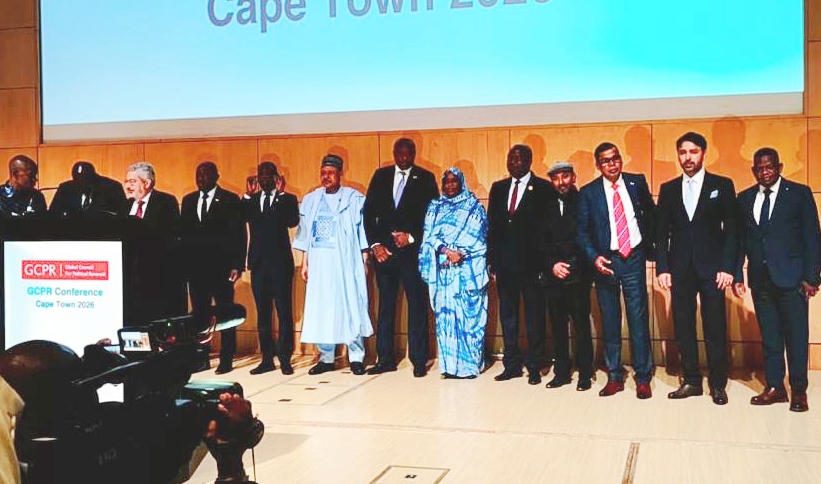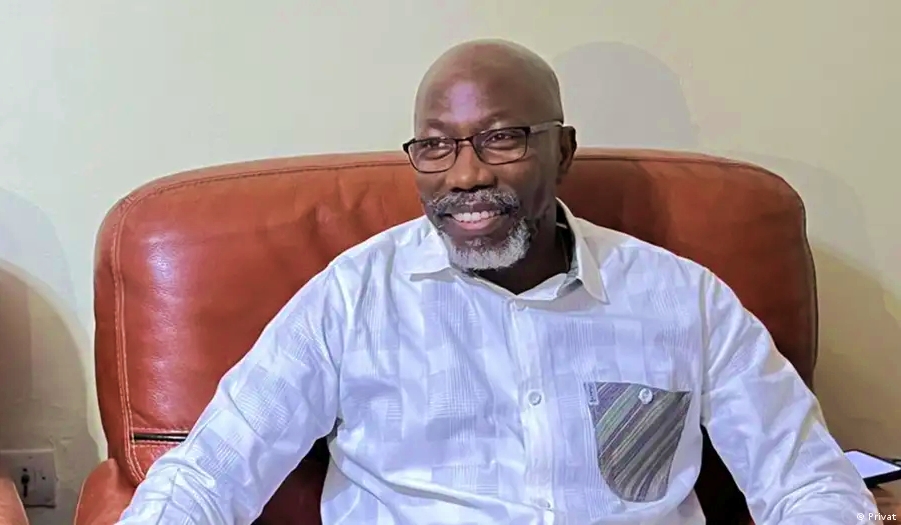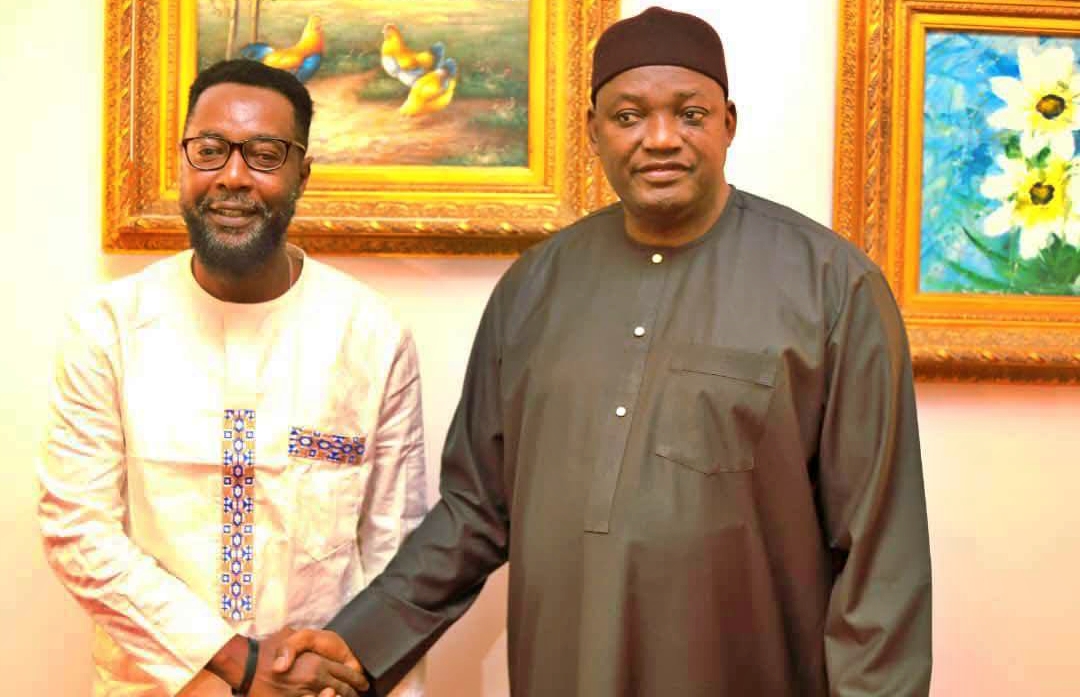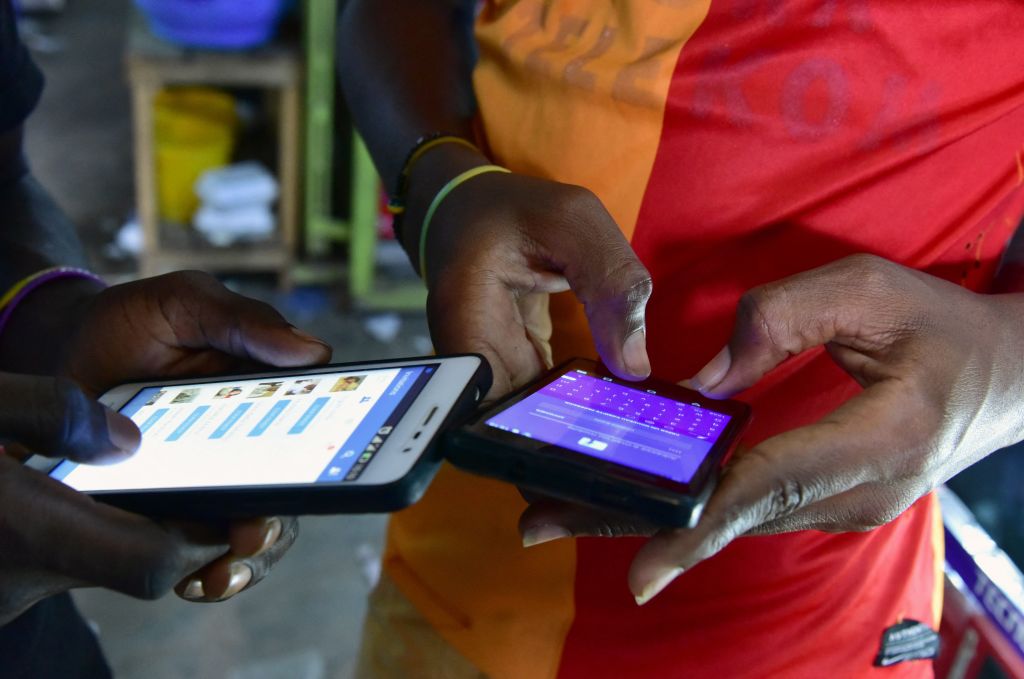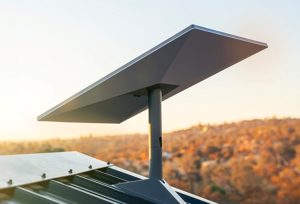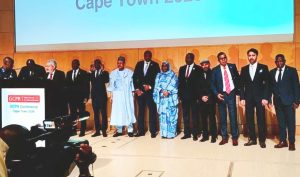Gambiaj.com – (BANJUL) – The Gambia has been ranked among the bottom ten countries worldwide in terms of internet speed and network quality for its citizens, according to a recent assessment by a team of software and technology experts at Increditools. The study, based on data from Speedtest.net, highlighted the challenges facing the country’s internet infrastructure.
The report placed The Gambia alongside conflict-affected countries such as Niger, Syria, and Afghanistan, as well as Cuba, which has the slowest broadband connection globally. These countries, on average, provide only 5 Mbps (megabits per second) of internet speed. The report explained that the limited internet speed in these countries reflects restricted access to global telecommunications networks and insufficient investment in internet infrastructure.
“Building good internet infrastructure in large regions is tricky due to the high costs of setting up cables and fiber optics,” the report stated. It contrasted this with smaller countries with lower populations, which can achieve fast and affordable internet connections more easily. Examples of countries with the fastest internet speeds globally include Singapore, Hong Kong, Monaco, and Iceland.
In The Gambia, a country with a population of two million, the broadband services are affected by the presence of four GSM operators and several Internet Service Providers (ISPs). Omar Jabbie, a telecommunications and technology expert and ICT lecturer at the University of The Gambia, emphasized that the country’s small size should not be an excuse for slow internet speeds. Instead, he pointed to the need for greater investment in telecom infrastructure, technology, and regulatory mechanisms.
“Technology and regulatory fees, on top of taxes imposed by the state, make it a very expensive enterprise for operators,” Jabbie explained. He noted that the privatization of the country’s internet gateway and access to submarine cables, such as the Africa Coast to Europe (ACE) cable, play significant roles in determining the quality and cost of internet services.
Lamin Tunkara, Managing Director of Gambia Telecommunications Company (Gamtel), highlighted the relationship between Gamtel and the ACE cable. Gamtel manages 20% capacity of the ACE cable and pays substantial fees for its operation and maintenance.
The report also pointed out the dire state of internet connectivity in rural Gambia. A survey conducted by LFD Technologies for Jokko Labs revealed that many regions suffer from unstable and extremely slow network speeds. The survey found that mobile data costs are exorbitantly high, making internet access unaffordable for many Gambians.
In response to these challenges, the Gambian government has initiated investments in a second international fiber optic cable, expected to be operational by 2025. The project, funded by the World Bank, aims to improve national broadband infrastructure. Additionally, the government plans to grant licenses to the American company Starlink to provide satellite internet services, further diversifying internet access options in the country.
The move to enhance internet connectivity reflects a strategic effort to improve the quality of life for Gambians by ensuring better access to information and communication technologies.




